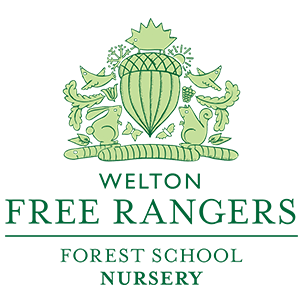To further our professional development within the Nest I have attended an ‘Early Language Development Programme’ which aims to further educate participants on speech, language and communication with babies and toddlers. Babies are born with a distinct impulse to be social, paying close attention to adults’ faces and the sounds they make. This has led me to watch our children and their social interactions with us, as well as other children. What immediately springs to mind is peek-a-boo. Our babies can be in hysterics for minutes at a time from watching myself or Cat pop out from behind a blanket, door or bookcase. I decided to do a bit of research and see if I could find a reason for this hilarity, it can’t just be our faces surely?! What I found was the following; Peek-a-boo mimics what they are coming to understand about the world: that objects and people still exist even when they can't see them. That's why quick appearances and disappearances are amusing. Babies learn all their interactions from adults so it is lovely to see when a child initiates a game of peek-a-boo, placing a muslin over their head, or hiding behind the curtain and waiting for our reaction when they jump out.
This made me think about our children’s current favourite toy, the pop-up animals. Not only is it a challenge to press the button, switch the lever or twist the handle but each time an animal pops up the little ones faces brighten. This game never gets old, instead each time an animal pops up we all clap until a child pushes it back down and the game starts again with each child still in suspense of whether we will ever see the sheep again!..(Spoiler: we do)
This week I have seen a few of our older Rangers begin to play alongside each other, passing stacking rings and sharing the task of putting the ring on the pole, all the while babbling to each other, using eye gaze and gesture to take turns. You will often hear the adults in the Nest give a running commentary to the children as they play: what they are looking at, holding, touching, the texture, colour or even taste. This is not just because we enjoy talking but because, as the wisdom goes, the more words that children hear early on in life, the richer their vocabularies, language development, curiosity, critical thinking and intelligence. So it only benefits a baby to be submerged in a vocabulary rich environment from the start.
Once again thank you for reading, I shall leave you with this wonderful clip from ‘The Social Baby’ for some food for thought…
Lisa
